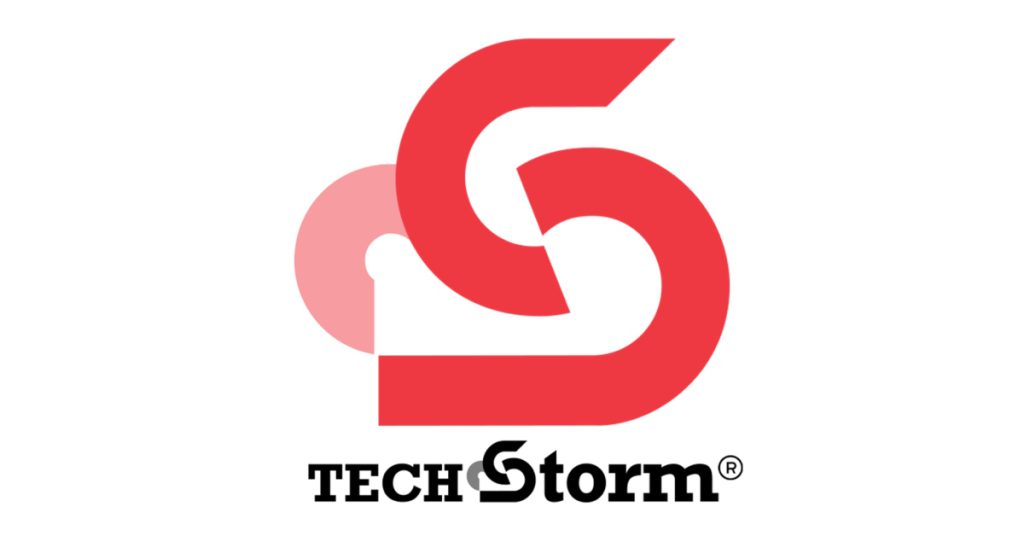In the last few months, the blazing hot Indian e-commerce industry took things a notch higher, stopping just short of supernova. The dogs of war were at it again!
Flipkart
The poster-boy of Indian e-commerce, and the first player in the new generation of the industry – Flipkart, made its entry into the market seven years ago and has since, been on a roll of unprecedented growth. Starting off with just books, they now sell almost everything under the Sun, with the exception of Automobiles and Groceries.
 The Singapore-based behemoth with sole operations in India, has always been in the limelight, particularly making the headlines of late with its acquisition of online Fashion retailer – Myntra earlier this year, and its subsequent funding rounds, pegging it at a sky-high valuation of $5 Billion. In its latest move, Flipkart has announced the launch of its own home appliances and personal healthcare brand – Citron, its third in-house brand.
The Singapore-based behemoth with sole operations in India, has always been in the limelight, particularly making the headlines of late with its acquisition of online Fashion retailer – Myntra earlier this year, and its subsequent funding rounds, pegging it at a sky-high valuation of $5 Billion. In its latest move, Flipkart has announced the launch of its own home appliances and personal healthcare brand – Citron, its third in-house brand.
Amazon
The latest entrant into the party, Global e-commerce giant – Amazon, was upon entry, quick to get a foothold in the Indian market. With just over 14 months of being in the country, the retailer has grown furiously to become the largest in the country in terms of products stocked at 150% that of its prime rival, and next largest retailer – Flipkart.
 When it comes to the business model, Amazon follows the marketplace model, just as they do in the U.S.; which is the very model that has been emulated by Flipkart. This, along with the fact that Amazon and Flipkart seem to match each other’s every move and feature, is proving for a fierce battle that could really go any way. Will Amazon’s stellar resources be the key that wins the market, or what merely keeps it in the running? That, only time will tell.
When it comes to the business model, Amazon follows the marketplace model, just as they do in the U.S.; which is the very model that has been emulated by Flipkart. This, along with the fact that Amazon and Flipkart seem to match each other’s every move and feature, is proving for a fierce battle that could really go any way. Will Amazon’s stellar resources be the key that wins the market, or what merely keeps it in the running? That, only time will tell.
Snapdeal
Unarguably the underdog in India’s e-commerce story, Snapdeal is doing anything but rolling over in the wake of its much larger rivals. Unlike its Indian nemesis, which started off with a business model much akin to Amazon’s very own, Snapdeal on the other hand, did things a bit differently. Initially modelled on a Groupon-esque theme of offering deals and coupons upon its release in 2010, Snapdeal made the shift to full-fledged e-commerce about a year and a half later.
 Less than half the size of Flipkart in terms of products offered, the retailer expects to hit the $1 Billion sales mark later this year, a milestone so far reached only by Flipkart. Another thing that sets it apart from its bigger counterpart is an aspect of its model in which Snapdeal only acts as a facilitator for the sale of goods, unlike Flipkart, which through its divisions, stocks goods as well as act as a platform for external traders.
Less than half the size of Flipkart in terms of products offered, the retailer expects to hit the $1 Billion sales mark later this year, a milestone so far reached only by Flipkart. Another thing that sets it apart from its bigger counterpart is an aspect of its model in which Snapdeal only acts as a facilitator for the sale of goods, unlike Flipkart, which through its divisions, stocks goods as well as act as a platform for external traders.
Counting among its investors, prominent entities such as eBay and as of a couple of weeks ago, Ratan Tata, the company has been making moves in order to make up for and catch up with its enormously cash-rich rivals; among these, its latest is quite interesting.
Snapdeal’s latest:
A few days ago, Snapdeal made an unconventional move by entering into a Joint Venture with one of India’s leading cable TV distribution companies – DEN Networks. According to a disclosure to the Bombay Stock Exchange, the purpose of the Joint Venture is for the setting up of a television channel to be used as a market place for facilitating the sale of merchandise and services.

This strategy, unexpected to say the least, is a tremendous step by Snapdeal, accessing an arena so far shunned by the new generation of retail. That being said, there are competitors who have tapped into this market already, but none of whom come even close to the resources that Snapdeal packs at the moment.
The significance of this move, which hugely depends on its execution, could lead to another war; this time in the TV space, or open the eyes of its e-commerce rivals to the potential of the idiot-box, altering the whole game altogether.
Owing to India’s lack of internet-enabled TVs on a large enough scale, coupled with sizeable internet-illiteracy at the moment, this move by Snapdeal could really work things in its favour, potentially monopolizing TV-Commerce, whilst building up a strong brand-loyalty among a clientele that will likely, sooner or later, make the move to the internet.
And well, you know what happens then; after all, this is a country of over a billion.












